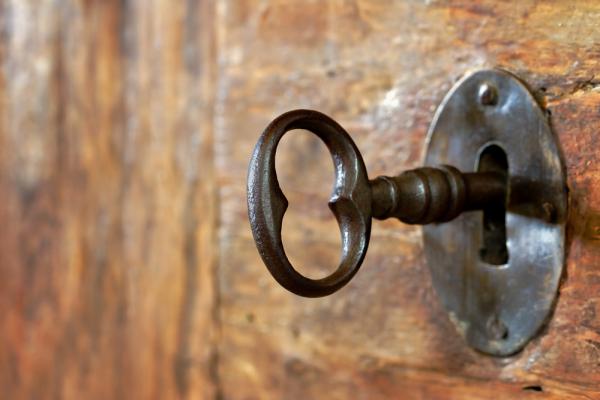Mar 28, 2014
One night after working a college basketball game, I stopped to use the restroom before heading out of the arena and making the drive home. I pushed on the heavy, gray door and found that it was locked.
Uh-oh. This isn’t good.
Neither were my options.
I could wander around the arena hoping to find an unlocked restroom; they might all be locked by now. I could try to make it home — probably wouldn’t work. As I stood in front of the locked door trying to decide what to do, I heard a woman’s voice from down the hall.
Read the Full Article

Already a subscriber? Login
